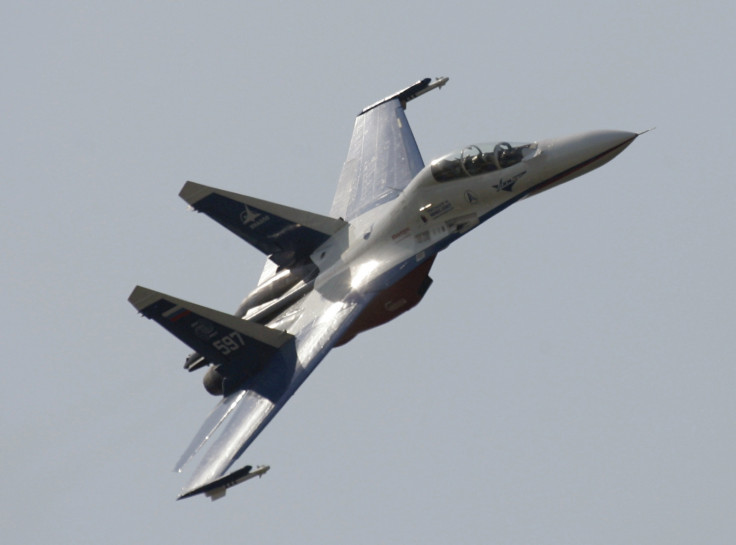Why is the US Navy ramping up its presence in the Black Sea?
Washington is sending two guided-missile destroyers to the Black Sea.
The US Navy is sending two guided-missile destroyers to the Black Sea as Washington is significantly ramping up its presence in the region. The two warships will be carrying out maritime security operations in the Black Sea waters, which is surrounded by key countries such as Russia, Turkey and Ukraine.
Washington's deployment of the USS Ross and USS Carney is thought to be squarely aimed to challenge Moscow's assertions in the sensitive region with the increasing military presence, which is bound to infuriate Russia. The region is already fraught with both aerial and maritime tensions as Moscow has sent several reinforcements ever since Ukraine's Crimean peninsula became a part of Russia in 2014.
Describing the latest development, Vice Admiral Christopher Grady, chief of the US' 6<sup>th Fleet, said in a statement: "Our decision to have two ships simultaneously operate in the Black Sea is proactive, not reactive."
"We operate at the tempo and timing of our choosing in this strategically important region. By nature, ships are flexible, mobile forces, and the Navy is uniquely capable of providing credible and capable forces to defend our nation's interests throughout the world."
Coinciding the US' announcement was Russia's own development in which Moscow had sent a frigate and two patrol ships for a series of exercises. According to the CNN, which cited an anonymous defence official, the US' move was to "desensitise Russia" to the military might in the Black Sea.
"You get ships up in the Black Sea, that makes them fell more threatened," added the official. This is the first time in the last several months when two US Navy warships, Arleigh Burke-class guided-missile destroyers, are sailing the Black Sea simultaneously.
Western nations have long accused Russia of heavily militarising the Crimean peninsula – which according to anti-Russia forces was forcibly annexed but Russia maintains it was voluntary – ever since it came under the Russian Federation.
"Russia is also not particularly transparent in what they do, which obviously requires us to then be able to monitor them by other means, and reconnaissance is one of those means," another American defence official told the CNN without revealing his identity.
Though Nato members and Russia both operate in the Black Sea airspace, tense aerial and maritime incidents have become frequent after 2014's Ukrainian crisis. The western world and Russia are constantly at loggerheads over the particulars of aerial and maritime operations, blaming each other for perceived transgressions in international territories.






















